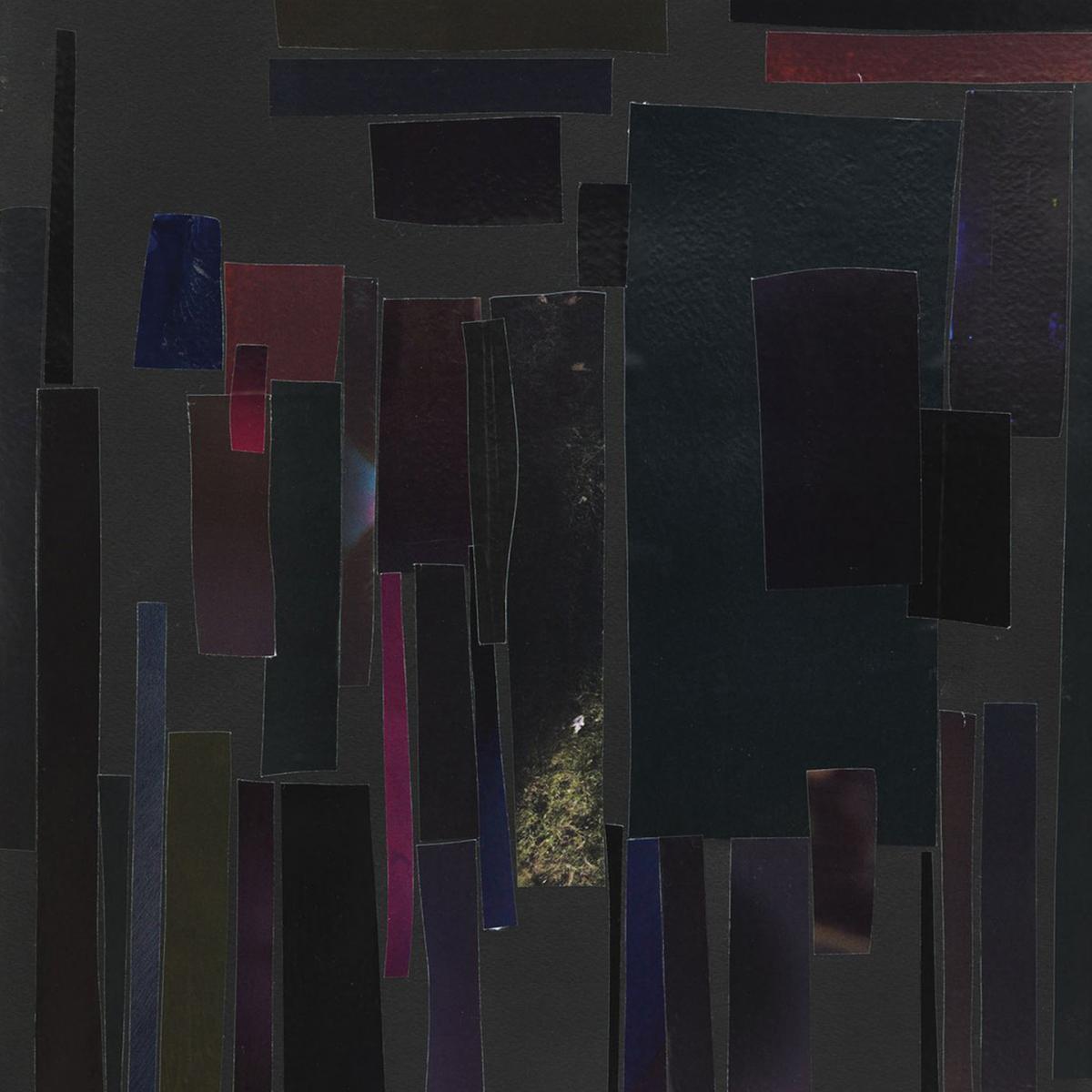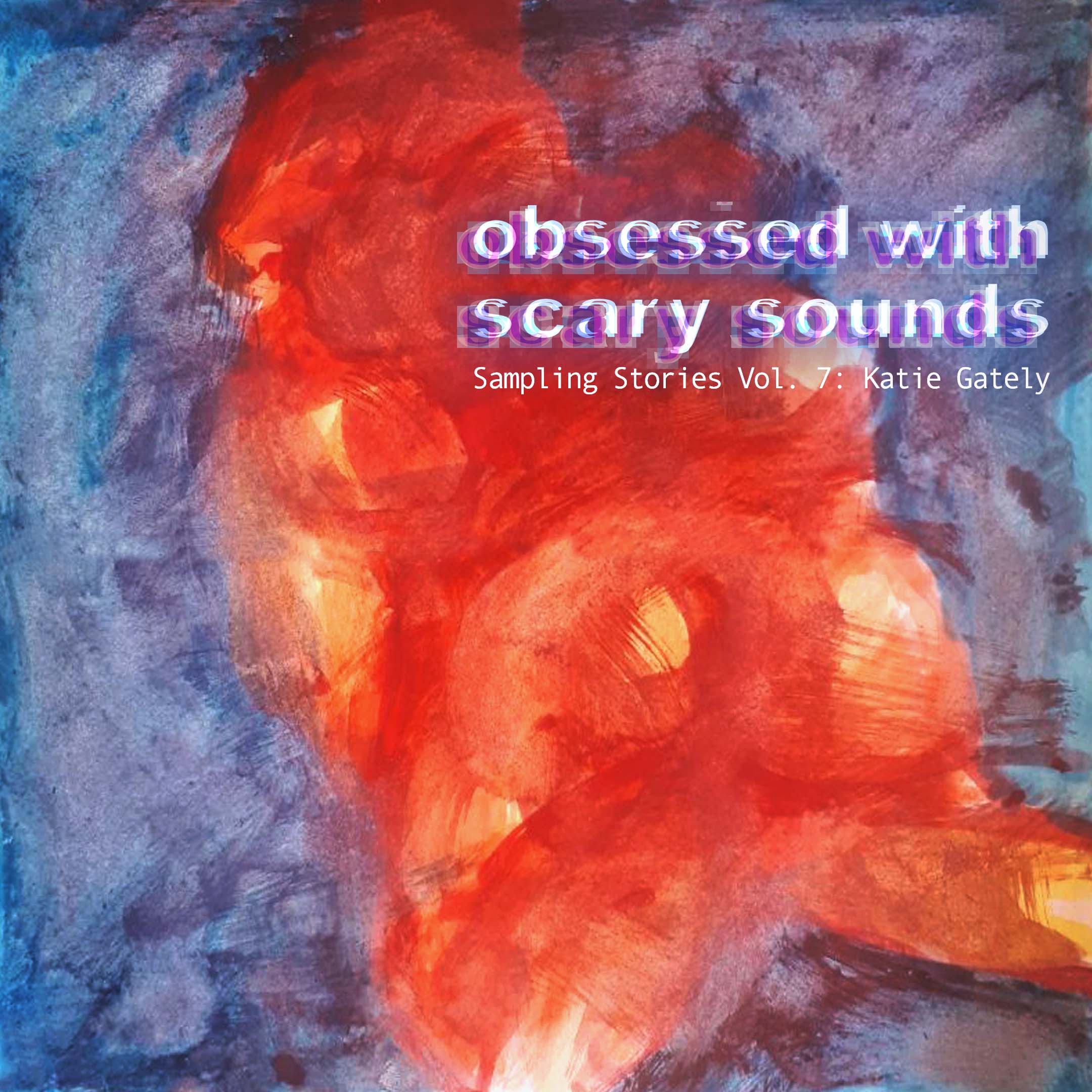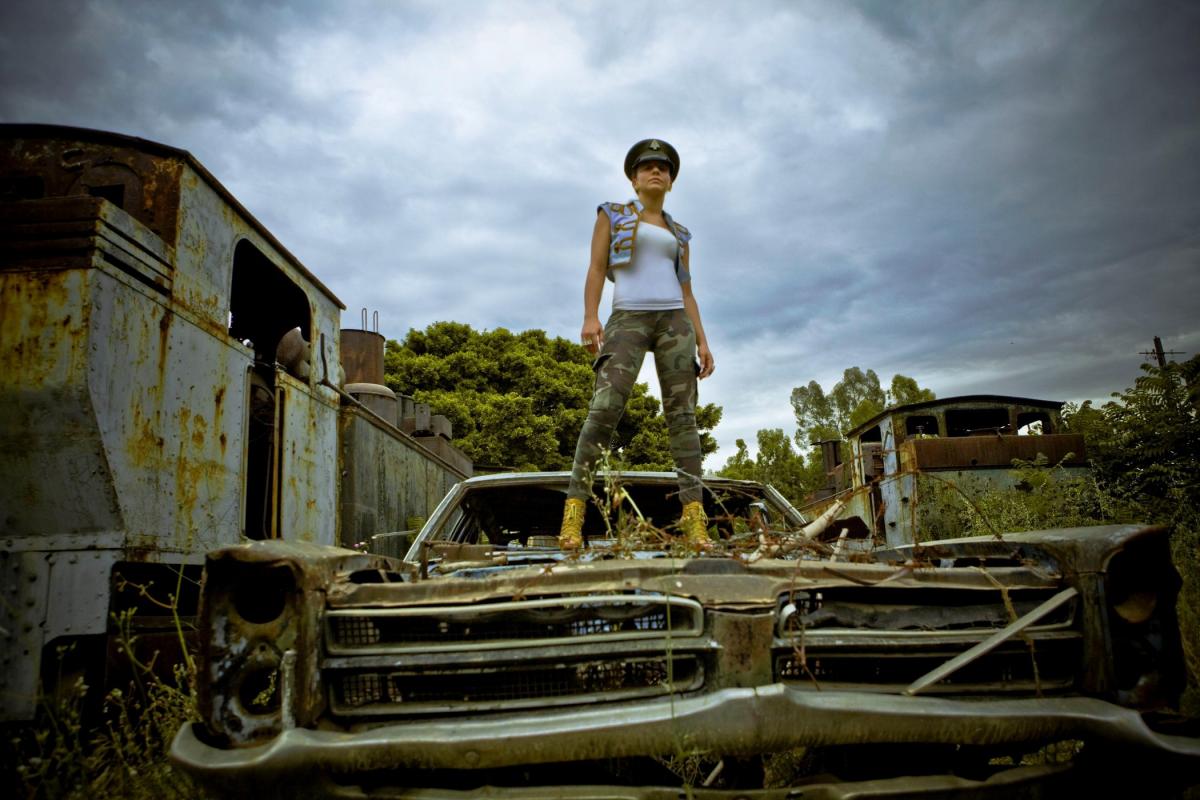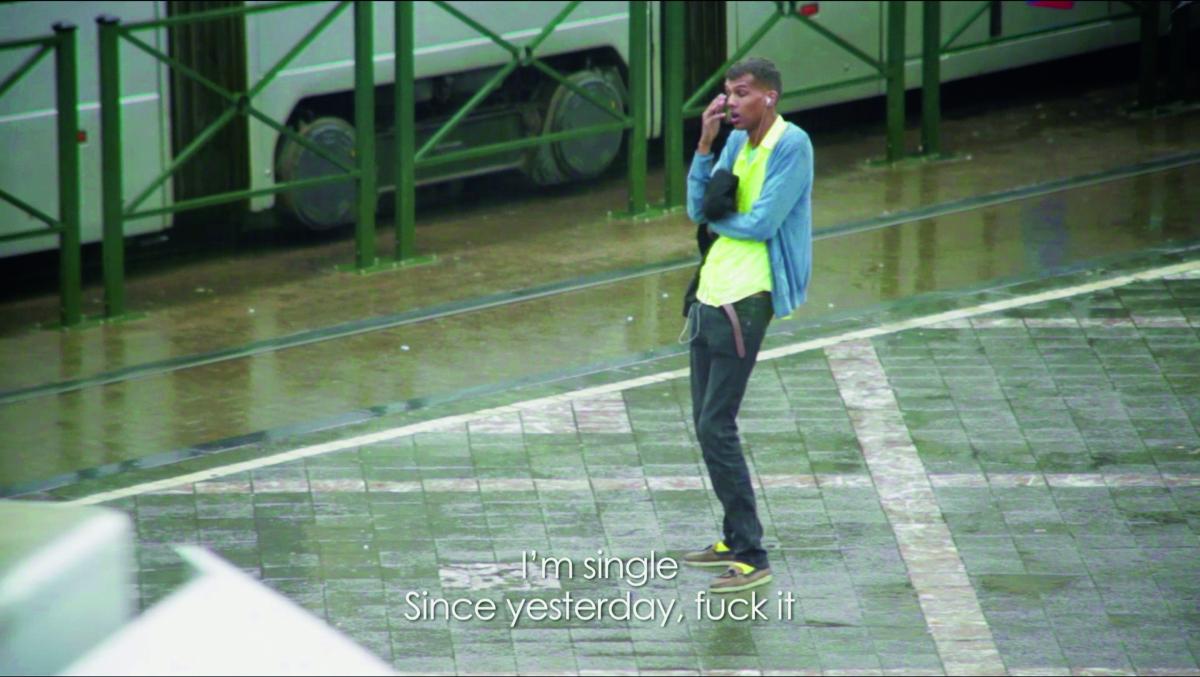
Sampling Stories Vol. 7: Katie Gately
Sampling has always been a strategy to deal with the past. It allows musicians to overlay different layers of time to bring them into coexistence and to create, thereby, what Simon Reynolds has called «a time warping pseudo event – something that could never possibly have happened». It is no surprise then that many producers process well known sounds from their own biographies, from childhood in particular. This could include music, or even snippets from pop culture such as movies, advertisement, video games, and so on. The American avant-garde pop musician Katie Gately adds another bullet to this list. In her tracks she samples familiar, sometimes scary sounds and noises from the everyday that are deeply connected to her childhood memory. Below, Gately sheds light on what I would call a psychological approach to sampling.
Meaning Matters
[Katie Gately]: The samples I gravitate towards tend to be of two kinds. First are the striking sounds. The ones that take me out of my daily life and inspire the possibility of a bigger, imaginary world. Second are the ones that feel very close, personal and overtly emotionally expressive. However, meaning definitely matters: if a sample is texturally exciting and has strong meaningful associations then it becomes overwhelmingly seductive to work with.
Sometimes meaning comes from memory and past associations with being scared as a kid. I grew up in Brooklyn in the 1980s during the height of the crack epidemic. My next door neighbor was a squatter who had a lot of drug addicts over and his doorbell was constantly buzzing. The walls were thin between the quite old houses so we heard everything. I definitely had heightened hearing when I went outside, just to survey the situation I was walking into. Today I feel a strong emotional response to creaky doors, shouting, knocking on doors, off-center rhythmic sounds, out-of-tune doorbells... things that might jolt or displease the ear. These sounds command attention... even if you don't like them, your body responds to them.
Perhaps I am obsessed with scary sounds to regain control over them? I'm not sure about the psychology of it – but I definitely was very stressed as a kid and I think I perhaps need to reconcile that as I get older.
Fireworks, a Breaking Guitar String, and Slamming Doors
Let's turn to a few tracks in which I've sampled sounds that let me remember my childhood. On the opener, «Lift», on my most recent album, Color, I wanted to channel this childish instinct. Often children act very uninhibited and mostly un-self-conscious, but also unhinged and defiant of boundaries. I wanted to make a really indulgent, child-joy track – the percussion is made out of a lot of fireworks samples. My birthday falls early on July 5th and in the U.S. the July 4th evenings always have lots of fireworks for celebration of Independence Day. I associate these sounds with excitement in childhood. On the same track there's a breaking guitar string as a percussion sound as well (it is actually a recording from myself tuning my brother's guitar many years ago). A sound that I hear as pretty violent.
Another example would be the track, «Tuck». The main beat and percussion alongside the kick and snare are about five different layered and arranged door-slams.
Later on the title track, «Color», I used a sample that was more psychologically based and less personal. The sounds in the opening are processed baby cries. That is a sample that I feel we universally understand as «sad» and the song is exploring a universal sense of isolation in ones own mind so for me it made sense to work with it.
On the track, «Stings», from my first EP, Katie Gately, I processed a sample of pipes moaning through the wall – that distinct waterpipe moan. This sample definitely struck me as a creepy sound reminiscent of childhood.
«Dead Referee» was a bit of a diss towards jocks. The idea was to take athletic sounds and make them into a horror movie. This was definitely influenced by my dreadful adolescence in which the jock girls rolled their eyes at me everyday in school.
Portals into Memories and Worlds
I wouldn't say the sounds always have to make a direct link to biography, though (as in sampling literal sounds from my childhood) it's more like the sounds that grab me often bring back a memory or association or might even strike up an image – and often I don't even figure out that meaningful link to biography until long after the track is done. In the first instance I am much more interested in sounds choosing me than me choosing sounds. When working more closely with a certain sound they finally act as portals into memories and worlds. But they often leave huge gaps too.
There is a theory in film – auteur theory – that is often claimed by musicians who have very deliberate goals and precise strategies for their work. This theory is very much the inverse of all my creative instincts to be honest. I am much more messy and impulsive as a worker. I just want to emphasize that it's important to me to disassociate from any theory or methodology or academic value system in my personal work. I like a sound, I use it. No rules beyond that. It isn't really the best story to tell but it's the true one.
Short Documentaries by Ableton on Katie Gatelies Producing Strategies
The quote was recorded via Email between 1.2.2017 and 28.4.2017. This article has been published in the context of the PhD research on sampling in experimental electronic music by Hannes Liechti. For more info click here.
Biography
Biography
Links
Published on May 15, 2017
Last updated on April 30, 2024
Topics
Loneliness can feel like isolation, but can also be a positive solitude by keeping distance from the worlds’ chaos.
Why does a Kenyan producer of the instrumental style EDM add vocals to his tracks? This topic is about HOW things are done, not WHAT.
Sampling is political: about the use of chicken clucks or bomb sounds in current music.
Special
Snap


